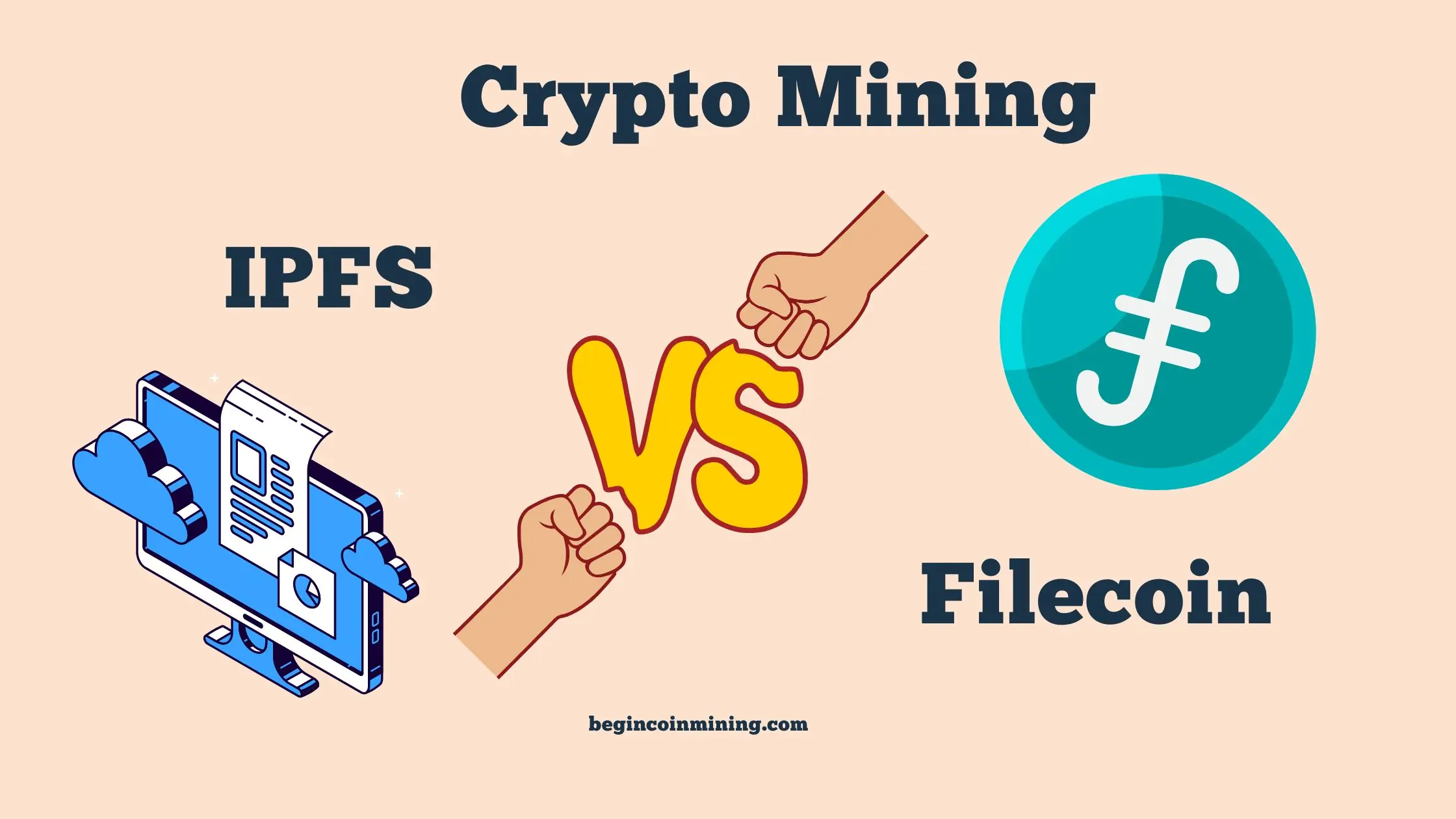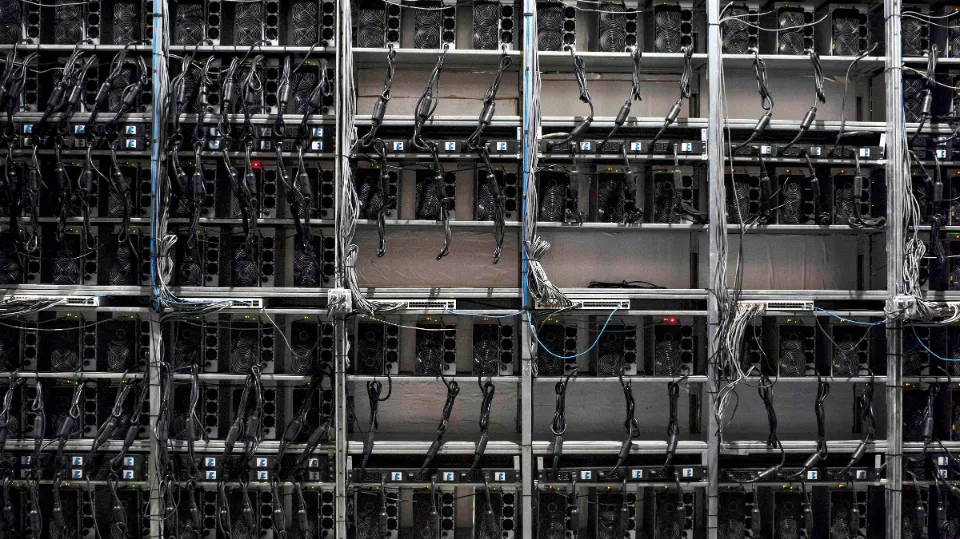Filecoin and IPFS are complementary protocols for storing and sharing data on the distributed web.
Both systems are open-source and free, and they share a lot of their fundamental components, such as network communication protocols (libp2p) and data representation formats (IPLD). Although using Filecoin is not necessary to interact with IPFS, all Filecoin nodes are actually IPFS nodes and can, with some manual configuration, connect to and fetch IPLD-formatted data from other IPFS nodes using libp2p. The public IPFS DHT (Distributed Hash Tables) is not joined or used by Filecoin nodes, though.
In order to assist users in selecting the strategy that is most appropriate for their use case, this page explains the relationship between the Filecoin and IPFS projects.
What is IPFS?
IPFS is one of the old services compared to arweave.
InterPlanetary File System, or IPFS for short, is a protocol, hypermedia, and peer-to-peer (p2p) network developed by Protocol Labs for storing and exchanging data in a distributed file system.
Pros —
• When we upload a media file into IPFS, if the media file changes, the URL also changes. This is how each file is uniquely identified by IPFS.
Cons —
• It is not exactly like the blockchain, i.e Works like a bit torrent mechanism
• Data are transient in nature. We need to incorporate so-called pinning services, such as Infra and Pinata, in order to sustain data.
• These pinning services will pin the file i.e saving data on the IPFS network so that it is not removed and data may sustain.
• These pinning services do have some drawbacks, however, in that they don’t really offer a long-term, permanent, dependable, truly decentralized, stable, solid, or reliable solution.
Protocol Labs developed Filecoin as a different method of optimizing this IPFS.
What is Filecoin and How Does It Difference from IPFS?
Both IPFS and Filecoin were developed by Protocol Labs, making them distinct yet complementary protocols.
Peers can store, request, and exchange verifiable data with each other using IPFS.
In order to ensure that miners have correctly stored the data they agreed to store, Filecoin uses the Proof-of-Spacetime and Proof-of-Replication protocols.
In fact, Filecoin is built on top of IPFS and enables users to rent out free disk space.
Pros —
• Filecoin is building a decentralized network, where data is replicated across multiple locations and accessible from anywhere, as opposed to a centralized network where information is stored in one location.
• By offering a cheap substitute for temporary storage, Filecoin is attempting to upend the existing storage market.
• Because of its scalability, which involves connecting millions of computers to form a massive storage network and rewarding users to store data, data can be stored on a computer anywhere in the world.
• Its persistent data storage also provides hackers with no single point of entry.
Cons —
• It only supports a monthly rental contract-based system for storing data; it does not support a one-time payment.
• As an illustration, picture Filecoin as the Airbnb of data storage. Filecoin wants to let users rent excess data storage from servers located all over the world, just like people do on Airbnb when they rent out a room or suite in a host’s home. The owners of these servers are able to rent space to people like you and me by the month to store our data.
• Filecoin aims to become a more affordable option than the major players in the cloud storage market, much like Airbnb became a (sometimes) less expensive alternative to booking a hotel room.
Specifically, the economics of Filecoin: Contract-based storage is more easily understood as a pay-as-you-go system. Users pay a network of nodes to store the data permanently and its also give trustlessly guaranteeing that someone out there is actually storing the data they say they are for an agreed upon amount of time
The fact is every business has its own alternate use cases, In that case —
If they require permanent storage, along with a one-time fee to store the data indefinitely rather than monthly contract payments and a set amount of time to store the data, like Filecoin, Arweave enters the picture.
Using IPFS and Filecoin
Content Addressing With IPFS
For all kinds of distributed web applications, IPFS is excellent for getting started with content addressing. In the majority of these cases:
• The user’s own nodes provide the data. If not, one must rely on other peers to voluntarily or benevolently store data or on a centralized pinning service.
• It is necessary to have faith in centralized IPFS pinning services to carry out their intended function. There are no built-in mechanisms in IPFS to ensure that data is correctly provided and stored by the pinning service.
• There is easier access to popular content. Popular content (from many providers) naturally becomes faster/easier to retrieve in IPFS, which is great when there are external incentives to sync and store data in multiple nodes and for situations where strong social contracts can be used to ensure the content is hosted and maintained for the long term.
Data Persistence With Filecoin
Using crypto-economic incentives, Filecoin expands on IPFS’s content addressing to add longer-term data persistence. With Filecoin:
• To store data, clients enter into storage agreements with storage providers. The network checks to make sure the data is being correctly stored by the storage providers. For the duration of the storage contract, regular small payments are made.
• Storage providers who breach the storage agreement are punished.
• Storage providers themselves may offer content retrieval services, or specialized retrieval storage providers may. Paying for this service is the user who requests the data.
• When it comes to long-term storage of massive amounts of data, Filecoin excels.
Using IPFS and Filecoin Together
The two networks are frequently combined in solutions to provide the best of both worlds: Filecoin for long-term persistence and IPFS for content addressing and data discovery. In order to do this, services like Powergate ensure that content is discoverable in the IPFS Public DHT while also backing up data on the Filecoin network. Data is constantly available and can be retrieved quickly, while also making sure that it is safely and verifiably backed up on the Filecoin network over time.

The Technology Behind IPFS and Filecoin
Filecoin and IPFS are powered by the same technology at many levels:
• IPLD specifies data formats for content-addressed data like the blockchain or the way in which IPFS stores files.
• libp2p provides peer-to-peer network capabilities, connection security, and key discovery and data distribution features like the Pubsub and Distributed Hash Tables (DHT).
• Future-proof data types and identifiers are specified by multi formats.
• Fast and effective IPLD data transfers between nodes are made possible by Graphsync and Bitswap.
Summary
In contrast to one another, the InterPlanetary File System (IPFS) and Filecoin are complementary protocols. Both platforms were developed by Protocol Labs, and each may play a role in the new Web3. Each protocol is based on a peer-to-peer network, and they both offer intriguing applications in areas like cryptocurrency mining, blockchain development, NFT ownership, and many more.
But before you can benefit from IPFS and Filecoin, it’s essential to comprehend how they operate, how they differ, and how to create a hardware infrastructure to support them.
FAQs
Does IPFS Need Filecoin?
All Filecoin nodes are IPFS nodes by default, and with some manual configuration, they can connect to and fetch IPLD-formatted data from other IPFS nodes using libp2p, even though using Filecoin is not necessary to interact with IPFS.
Does IPFS Have a Coin?
IPFS is more of a base layer upon which token incentives can be applied than a token in and of itself. IPFS is a “distributed system for storing and accessing files, websites, applications, and data,” according to its documentation.
Is Filecoin Same as IPFS?
Two distinct, complimentary protocols made by Protocol Labs are Filecoin and IPFS. While Filecoin is intended to offer a system of persistent data storage, IPFS enables peers to store, request, and transfer verifiable data with one another.
Is IPFS Built on Ethereum?
InterPlanetary File System (IPFS) is an Ethereum decentralized storage and file referencing system.










